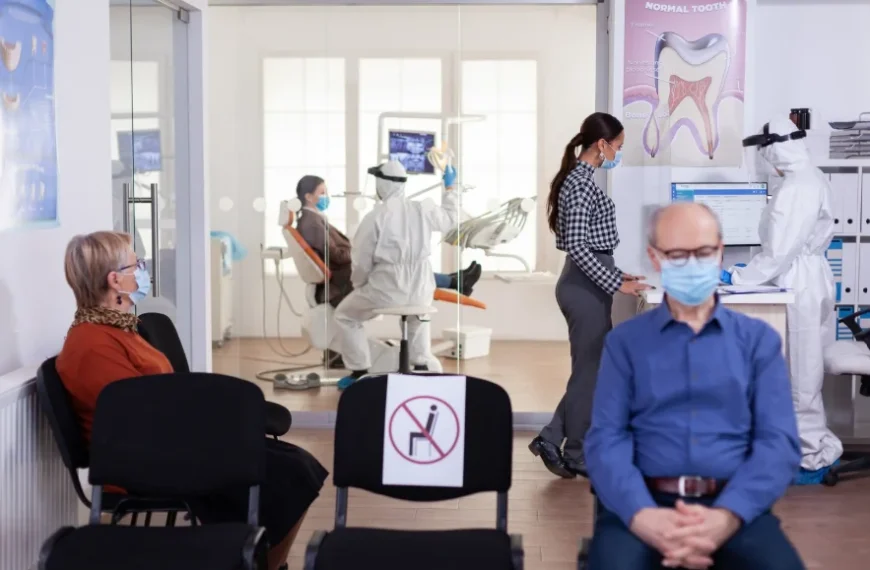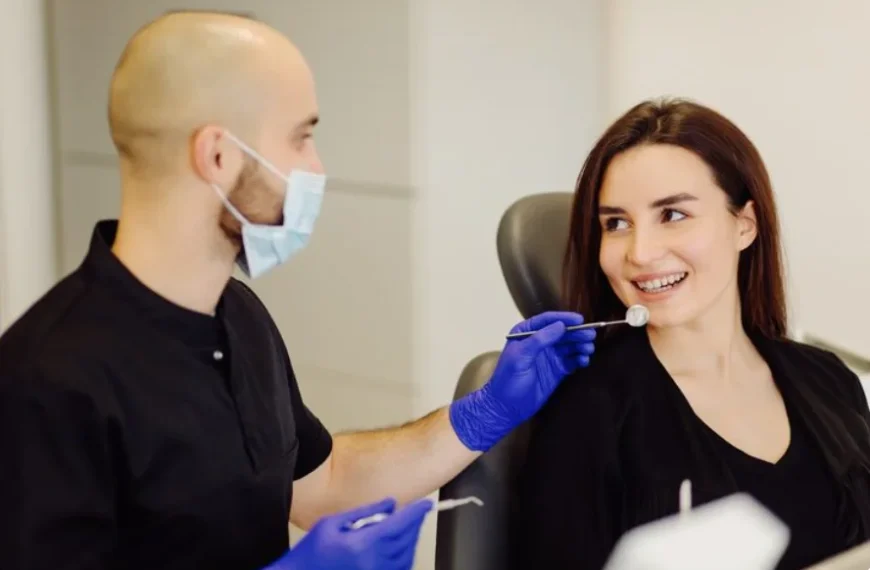For most of us, trusting our healthcare providers is borderline instinctive. Yet trust is a fickle thing, and in actuality, should never be dished out blindly. Did you know that even the colour of outfits can sway patient judgement? Instead of trusting a GP or specialist diagnosis without hesitation, it’s okay to hit pause. It might warrant a second opinion.
Here’s why challenging a diagnosis matters — because it’s not about distrusting doctors but protecting your health.
The Power of Asking Twice
Perhaps you’ve heard of the tragic tale behind Martha’s Rule? After her daughter began deteriorating in health after a “normal” cycling accident (knocking her abdomen on the handlebars), Merope Mills sounded the alarm. Yet, as Martha worsened, Merope’s concerns were brushed off. Sadly, Martha passed away shortly after from sepsis — an entirely preventable loss for the family.
Merope has been fighting for change ever since. And, as of 2025, the rule she championed has been reported to be heavily reducing harm. There is power in asking twice, especially if:
- You’re facing rare conditions that require specialist knowledge
- Are concerned about lack of health improvement
- Have uncertain test results
When It’s More Than Just a Mistake
A second opinion can be life-changing. However, it could also be life-saving. Just imagine what a second opinion would have achieved for Martha Mills. You aren’t quibbling over a harmless mistake; asserting accurate medical judgments is about protecting yourself. A simple missed diagnosis or incorrect medication is all it takes to cause a catastrophic treatment delay. Don’t play with fire.
Your Rights as a Patient
As a patient, you’re absolutely entitled to a second opinion. Often, the best way to approach this is in the room with the original provider. Instead of walking out unhappily and still concerned, ask the consultant to explain the reasoning for their diagnosis or request treatment alternatives. Never be afraid of offending a current provider — resolving the issue immediately prevents further treatment delays.
Afterwards, patients can request a second opinion by going back to their GP and asking to see a different consultant. Be aware that this can extend the standard waiting time.
What If Something Was Missed?
Sometimes, that second opinion doesn’t just reveal a different diagnosis but harm from previous treatment (or diagnostic delays). In these scenarios, if you’ve suffered harm as a direct result, you might have a case for medical negligence. Obtain any medical notes supporting this, and consider consulting a local specialist — for instance, a medical negligence solicitor in Leeds.
It can be challenging to advocate for your health, but second opinions can save lives. Always speak up.






